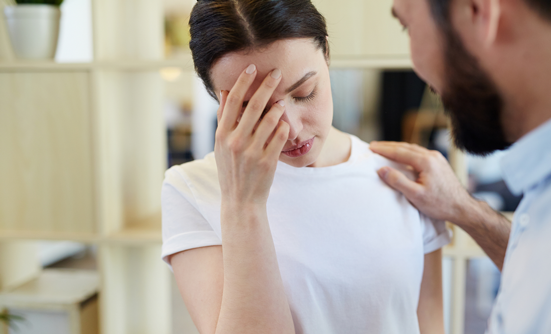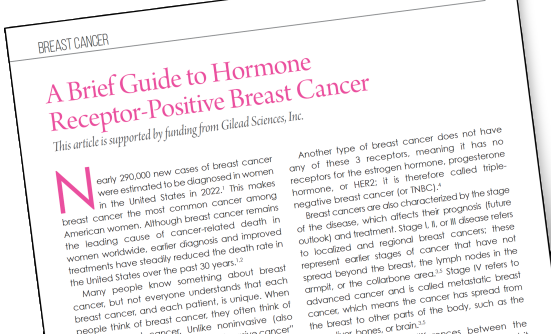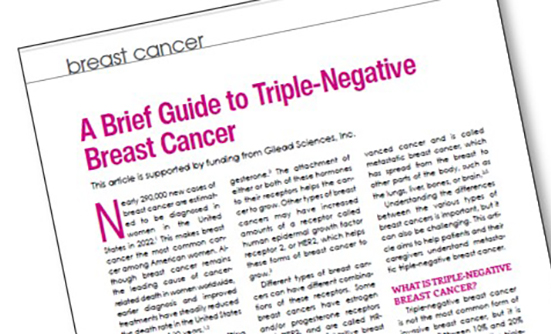For many of you who are patients with breast cancer currently being treated or who have completed your treatments fairly recently, hearing about COVID-19 and all of its uncertainties may remind you of the day you received the news that you had breast cancer. How bad is it? What will happen next? Is doing this better than doing that? We are all living in the land of uncertainty. A familiar place for you but maybe not for those around you.
If you are currently receiving treatment, let’s say surgery, then you might even be told that your breast cancer surgery needs to be placed on hold for a few weeks or even as long as 2 months, so that operating rooms can be used as ICU rooms for those with COVID- 19. Although waiting can feel like forever, be assured that your treatment team has given great thought to which patients need surgery right away versus those who are not put at risk by waiting. Remember, your breast cancer didn’t just appear one day; it has been present for several years before it was discovered by you or a mammogram. So don’t spend time feeling the lump in your breast and trying to figure out if it is growing. Try to relax. Continue working from home. Spend quality time with your family. Clinical research has guided your surgical team to confirm your safety in waiting until operating rooms are once again available for their routine surgical cases.
If you are scheduled to receive chemotherapy or other forms of IV therapy, in some cases the oncologists caring for you may opt to delay this portion of your treatment for several weeks, even as long as 2 months. This is because chemotherapy could cause the level of your white blood cells to be very low, setting you up for getting an infection. Under normal circumstances that is usually not a big problem, but with the presence of COVID-19 virus it is now a big deal.
If you are still getting chemotherapy treatments, it is imperative that you follow directions and wear a mask whenever you are out of your home, but do not go food shopping or run any other type of errands during this time. Rely on other family members to do so. If anyone in your home gets sick, they must be quarantined far away from you. If you get sick, it might be from the chemo or it might be the COVD-19 virus. You will need to contact your doctor immediately if you run a fever, have a dry cough, or feel short of breath.
If you are receiving radiation, again there may be a decision to delay your treatments for several weeks, up to 2 months. Having any patient avoid contact with potentially infected people is the goal. Remember, not everyone who is infected with this virus has symptoms.
If you have metastatic breast cancer and are getting chemotherapy treatments or other IV treatments, depending on how you are doing, your doctor may decide to give you a drug holiday. This means not receiving treatments for a while. During a drug holiday, you should actually feel better and have more energy because you are not receiving toxic treatments. Although a drug holiday is usually reserved for patients who are stable without progression of their disease for several months, at this time it is to reduce the risk of you catching COVID-19, which could have very serious consequences. Will your cancer continue to grow? That is unknown. There may even be a discussion about considering hospice care during this interim, which doesn’t mean you are giving up, but rather that you are getting good supportive care at home while this virus hopefully passes you by. You can “graduate” from hospice after 6 months or sooner and resume treatment if it is safe for you and the world has resumed some type of improved health status nationally.
During this scary time, take advantage of meditating, reflection, and quality time with family, even if it is via FaceTime. Wash your hands, a lot! Wear a mask when around others and ask that they do the same for you. Wear gloves when handling something new, such as groceries delivered to your door.
This pandemic will come to a close. I hope everyone— as a result of it—has learned how precious life is.
Be well. Stay safe.













